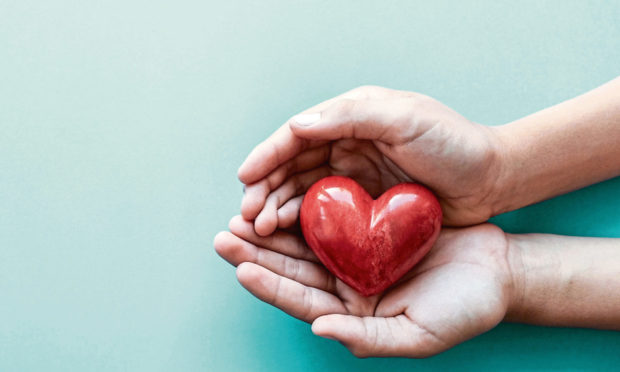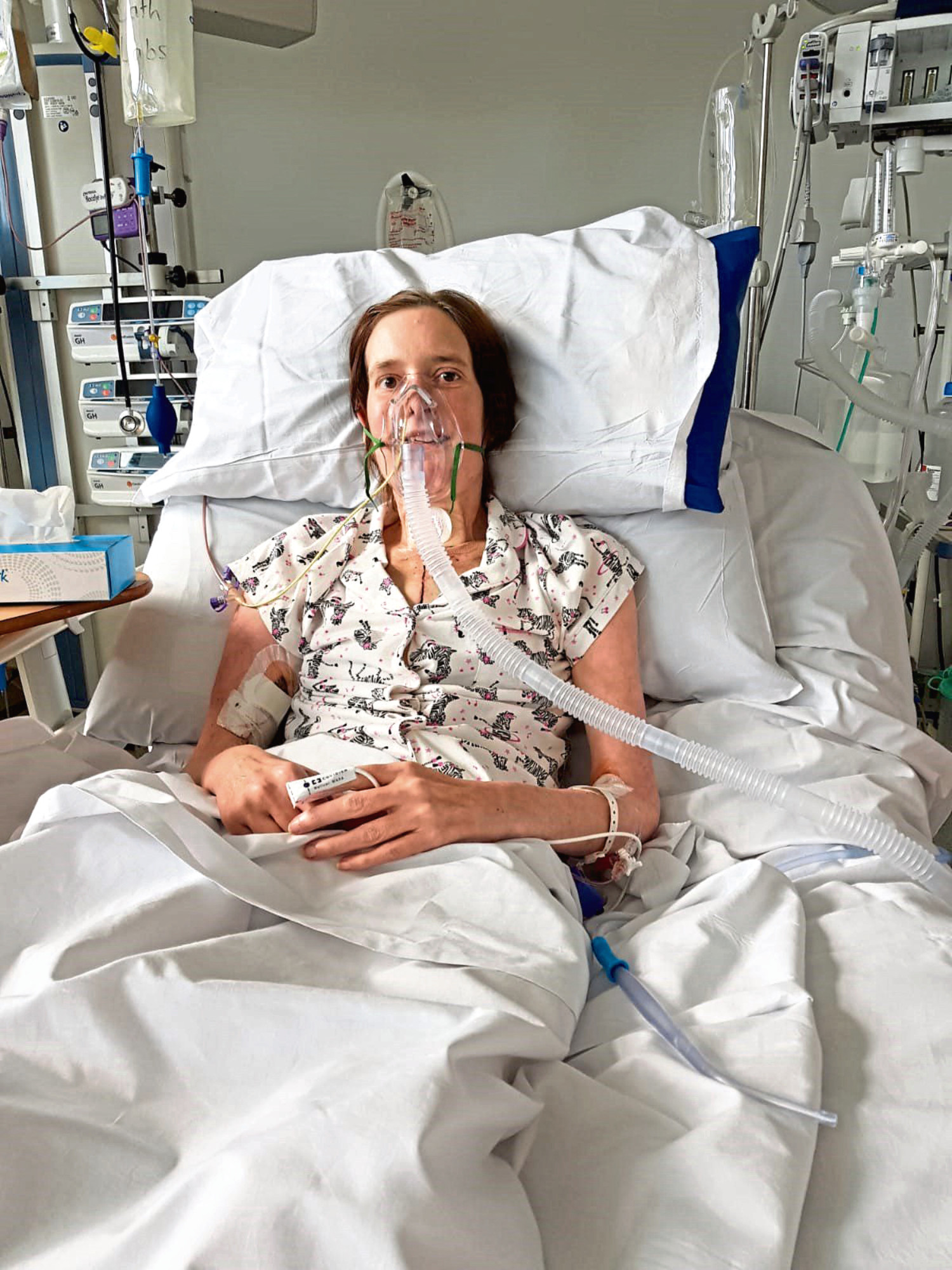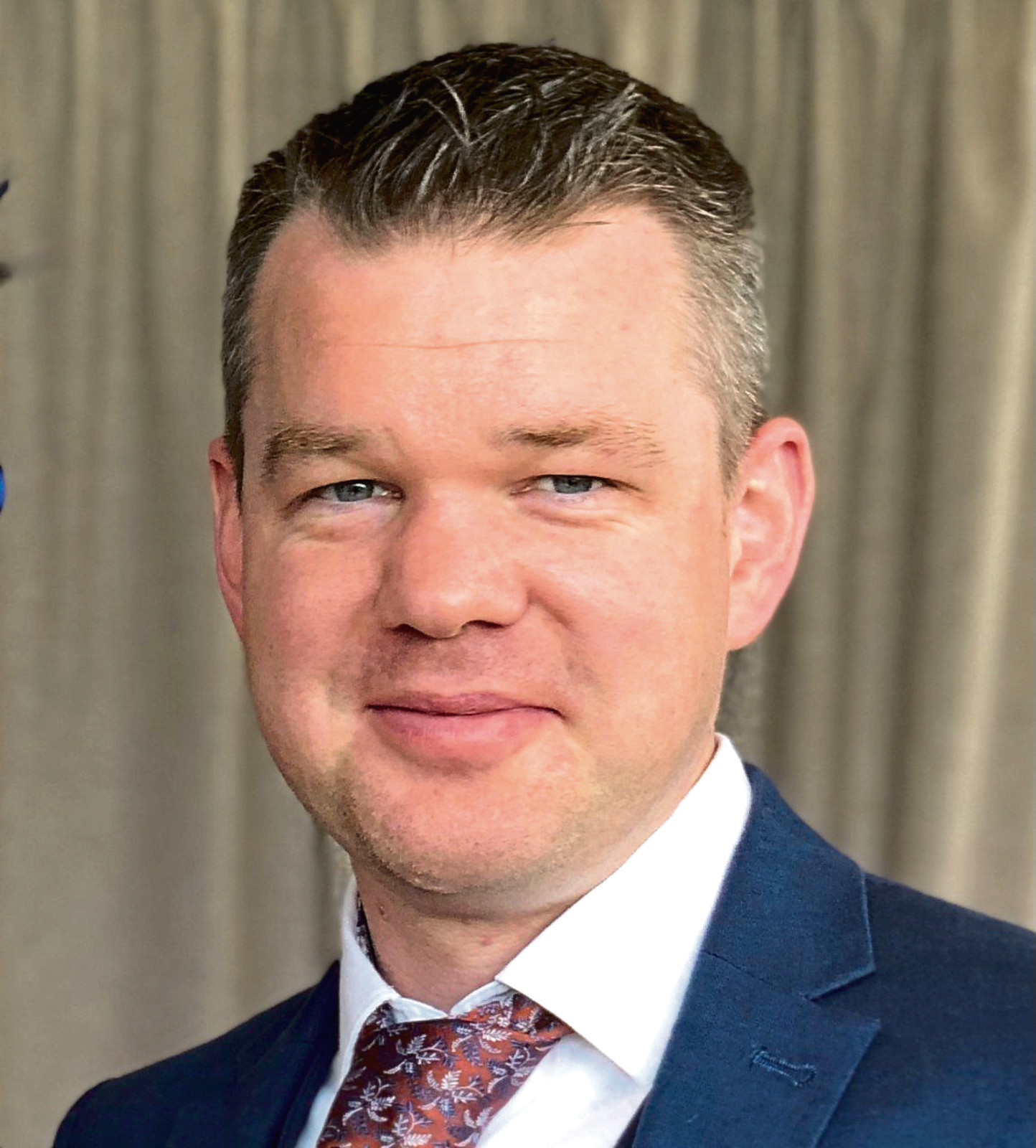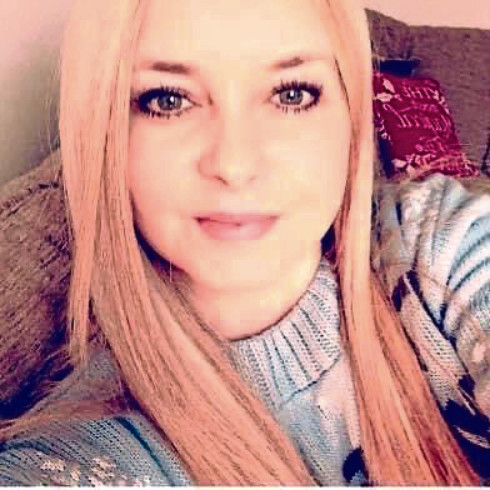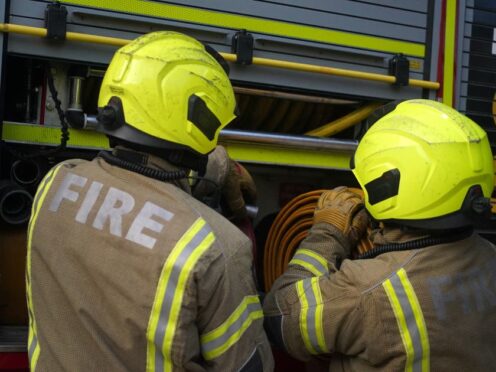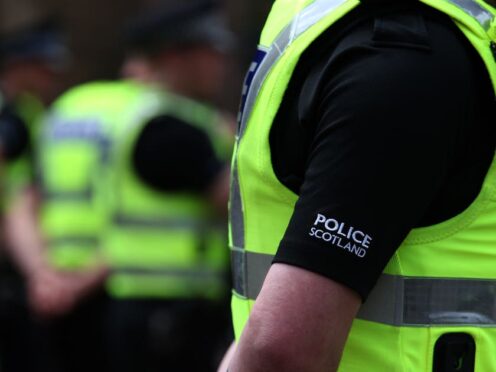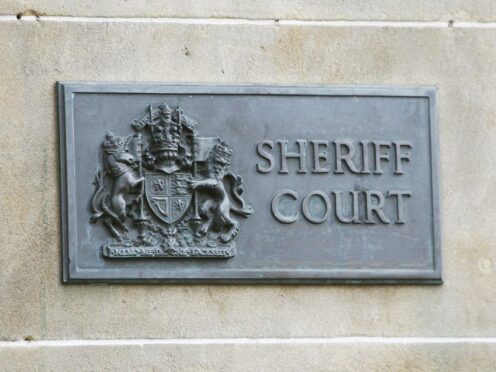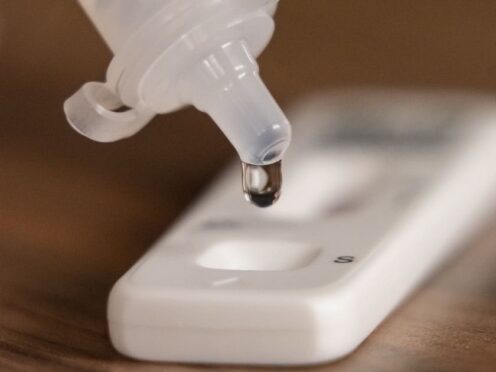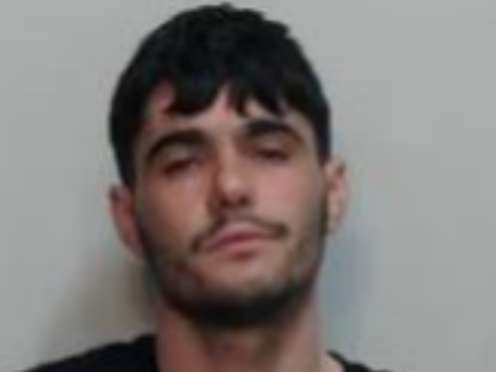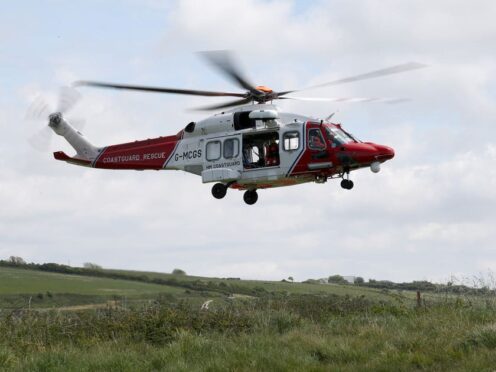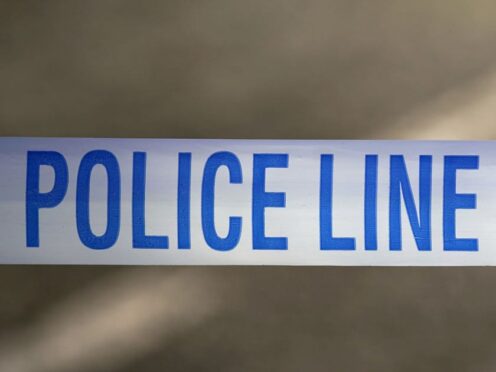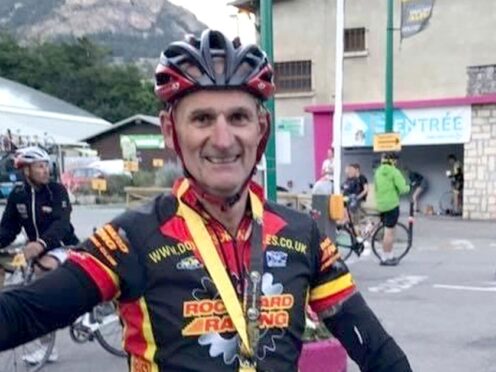Around 500 people across Scotland are waiting for a call which could save their life.
Mobile phone with them at all times, heart jumping when the screen lights up – in the hope that good news is waiting on the other end of the line.
A bag has been packed for months, maybe even years, stashed away until the day finally arrives.
Of course the desperation for that phone call is a double-edged sword, as happiness for one family can mean indescribable grief for another.
Only 1% of people die in a way which can make organ and tissue donation possible, but one donor can save the lives of up to nine people.
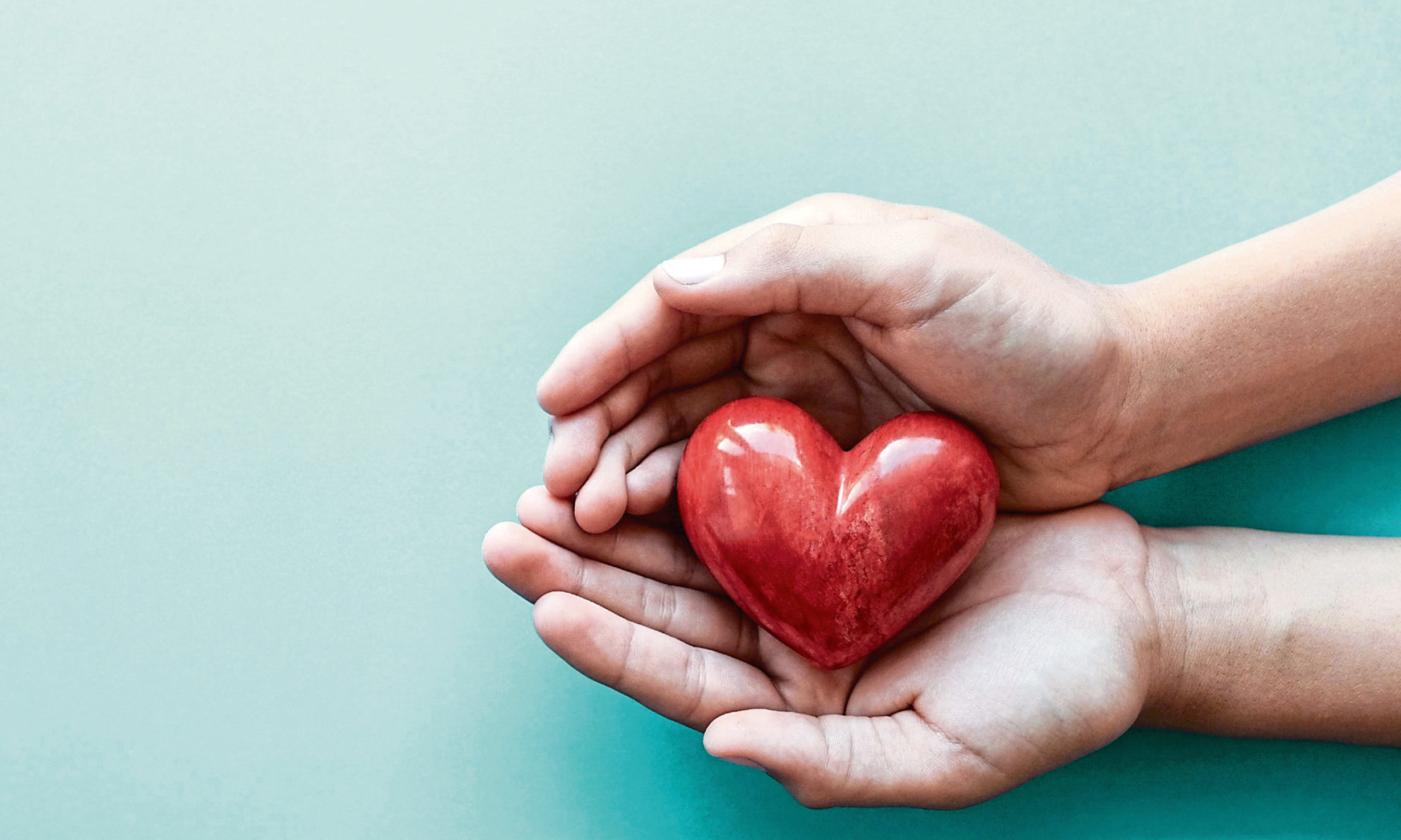
Change in organ donation law could make big difference
From the impact of Covid-19, to the fact that donation sometimes doesn’t go ahead because the wishes of the deceased were unclear, campaigners believe a change in law could make a huge difference.
From March 26, an opt-out system will be used for organ donation – in a bid to help save and improve lives.
It will mean that if you are aged 16 or over and have not confirmed whether you want to be a donor, you will be considered willing to donate your organs and tissue when you die, unless you choose to opt out.
Your loved ones will still be consulted about your views, and people are being encouraged more than ever before to make their wishes known.
It is widely accepted that organ donation, although a deeply personal choice, can have a huge impact on the recipient.
But unless you have been waiting for that phone call, it is difficult to understand what it can mean to those on the transplant list.
From being terrified you won’t see your children grow up, to the need to have difficult conversations, your life spoke to campaigners and those who are here today thanks to an incredible gift.
‘I’m grateful for every breath’
Mum-of-one Paula Massie battled with pulmonary hypertension for nine years, before she underwent a double lung transplant in 2019.
The operation changed her life, and although Paula wrote to her donor’s family to express her gratitude, she believes words will never be enough.
“I was diagnosed with pulmonary hypertension in 2009, and my health gradually deteriorated,” said Paula.
“After being assessed for transplant regularly since 2012, I was finally listed in 2018.
“Doctors said I was in the perfect window of being ill enough to need the transplant, but well enough to survive it.
“After a false alarm in February 2019, I finally received the call in May, just a month after being urgently listed for transplant.”
I wake up every day glad that someone has given me this gift of life, and there’s no way I can ever repay them.”
Paula had to leave her husband and her son behind in Peterhead, and was flown by air ambulance to the Freeman Hospital in Newcastle.
“The journey down to Newcastle for the transplant was quite emotional,” she said.
“I was taken by air ambulance, but it was really difficult to leave my husband and son behind, not knowing when I might see them again.”
Paula recovered in hospital for three months before she was well enough to return home.
“I still remember taking that first breath after my tracheostomy was removed – it was the first time I’d been able to take a deep breath in 10 years,” she said.
‘Time is the big thing: Teenager who received lifesaving transplant says medical drones could save lives’
“After going through something like this, you really appreciate the simple things in life like just being around, and able to spend time with your family.
“I’ve also been able to walk again for pleasure, which has been amazing.
“I wrote to my donor’s family to say thank you, but it’s never enough. They’ve changed my life, it’s such a huge gift.
“I wake up every day glad that someone has given me this gift of life, and there’s no way I can ever repay them.
“Organ donation is still something people find really difficult to talk about, and I hope the law-change encourages people to talk about their decision with their family.
“If your family aren’t sure of your wishes, it might make a difficult time even harder.
“I really hope that the law change will encourage people to have that conversation.”
‘We all have a choice to make’
Doctor Gamble has seen the difference which organ donation can make, thanks to his previous role as a renal consultant.
He has been clinical lead for two years, and also works as an intensive care consultant.
“An organ transplant can be completely life changing, and I hope the opt-out law will raise awareness of the fact that we all have a choice to make,” said Dr Gamble.
“We can all make a decision before it gets to the point that we may not be able to communicate what we want.
“These kinds of conversations need to be taking place, and I think the law represents the position within society that organ donation is an amazing thing.
“It can make such a huge difference. If we look at someone undergoing a kidney transplant, for example, they no longer have to come into hospital for dialysis three times a week.
“They have so much freedom and they can live their life again.”
‘I wouldn’t be here today’
Mum-of-two Nikki Moffat has shielded throughout the pandemic, having undergone two kidney transplants since a shock diagnosis as a teen.
She is all set to celebrate her 39th birthday in Inverness tomorrow, but may need another transplant in the future.
Nikki, who works for the Citizen’s Advice Bureau, was only 17 years old when she was diagnosed with chronic pyelonephritis, meaning both her kidneys were scarred and going into failure.
“It was a huge shock, even though I had been feeling unwell for some time,” she said.
“I went on to have haemodialysis, and then we found out that both my mum and dad were a match.
“My mum donated her kidney to me with the plan that dad would donate his when I needed another transplant in around 10 to 15 years time.
“I went on to have a window of good health and now I’m a mum of two. Natalie is 12 and Ryan is 11.”
The time came when Nikki was in need of another transplant, but she could no longer turn to her dad.
“My Dad was always going to donate one of his kidneys to me, but he sadly got cancer and died within three months of diagnosis,” said Nikki.
“So I was put on the national transplant waiting list in 2014.
“It was the following June when I was woken early in the morning with a phone call from the Edinburgh transplant team to say a match had been found, and to make my way there as soon as possible.
“Leaving my kids so abruptly that morning was one of the hardest things I’ve ever had to do.
“My husband, Peter, was away with work so my mum came over to look after my children while I got a taxi down the A9 alone.
“Halfway down the A9, my phone rang again. It was the transplant team telling me that the kidney was no longer suitable for me and to turn back to Inverness – which was absolutely devastating.
“The good news is that someone else successfully got that kidney.”
Nikki and Peter then discovered the paired exchange scheme. Although Peter wasn’t a match for Nikki, the scheme enabled them to achieve compatible transplants with other pairs.
“Myself and Peter joined that scheme with the intention of him donating a kidney to a stranger in order for me to get one in return,” said Nikki.
“By December 2015 when I was 33, there was a match. Me and Peter from Scotland, then another transplant couple from England got Peter’s kidney. In turn, that couple in England donated to a couple in Northern Ireland, who then donated a kidney to me.
“Again, leaving my kids that day was extremely hard, not knowing if it would be the last time I saw them.
“Natalie was only seven and Ryan was five.”
Without such a thing as organ transplants, I wouldn’t be here today and I’m eternally grateful to the NHS and modern medicine for that very reason.”
By the time Nikki’s transplant went ahead, her kidney function had dropped to just 8%.
“Waiting for that phone call to come 24 hours a day, every day, was mentally exhausting,” she said.
“Had I waited any longer for a match, I wouldn’t have had a choice but to start dialysis again.
“I was constantly exhausted, but the love for my kids kept me going.
“I never looked ill, so it was difficult for people to realise just how poorly I felt.
“I am hopeful that with the opt-out scheme, more lives will be saved.
“I think the more people share their personal transplant story, the more the public will have an understanding of the importance of joining the register.
“Having a kidney transplant gives you a new beginning in life, a lot of people don’t get that opportunity and sadly pass away.
“I have lived longer with kidney transplants than I have without.
“Without such a thing as organ transplants, I wouldn’t be here today and I’m eternally grateful to the NHS and modern medicine for that very reason.”
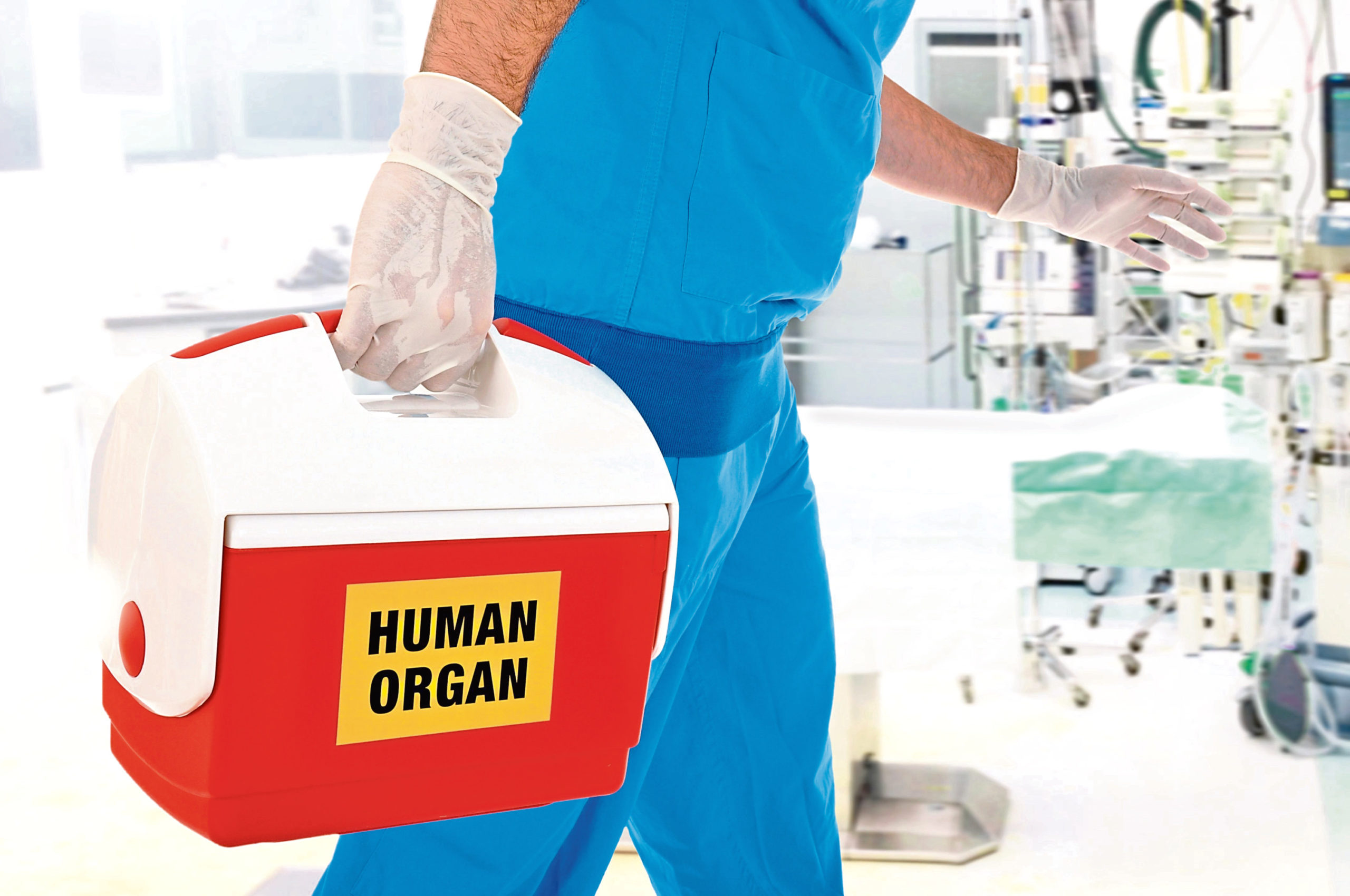
‘Donation is an incredible gift’
As regional manager for Organ Donation Scotland, Susan works in collaboration with the NHS – who in turn have specialist teams and nurses to deal with donation and transplant.
She believes that although there have been enormous challenges due to the pandemic, people are still working tirelessly to ensure transplant operations can go ahead.
“With Covid cases rising, there has been a tremendous strain on the whole NHS,” said Susan.
“Some transplant units made the difficult decision to close temporarily.
“But we have continued with deceased organ donation and transplantation as much as possible.
“Staff have always managed to sustain the service, and I’m incredibly proud of everyone’s commitment, alongside the donors and their families.
“We actually saw a record number of donor numbers over the summer months, when the pandemic started to improve.”
Transplant operations can only take place in a transplant unit, of which there are two in Scotland.
We all have it in us to make that gift, to leave a lasting legacy by saving others.”
The Queen Elizabeth University Hospital in Glasgow offers a kidney transplant unit, and liver, kidney and pancreas transplants take place in Edinburgh.
“I’ve been in this job for more than 10 years, and despite all the progress, around 500 people are waiting for an organ transplant at any one time,” said Susan.
“I think what has developed is awareness though, which has been driven by donor families themselves.
“One of the most common reasons why families can decline donation is because they don’t know what their loved one would have wanted. It’s that uncertainty.
“So it’s really important to have that conversation, and people also need to be sufficiently informed that they can opt out.
“We’re starting our campaign and will be doing a mail drop for every household, so people know how to register their choice.
“Speak to your friends, speak to your family and ask them, what is your choice?
“Donation is an incredible gift. It’s giving to someone’s mother, father, someone’s child.
“We all have it in us to make that gift, to leave a lasting legacy by saving others.”
